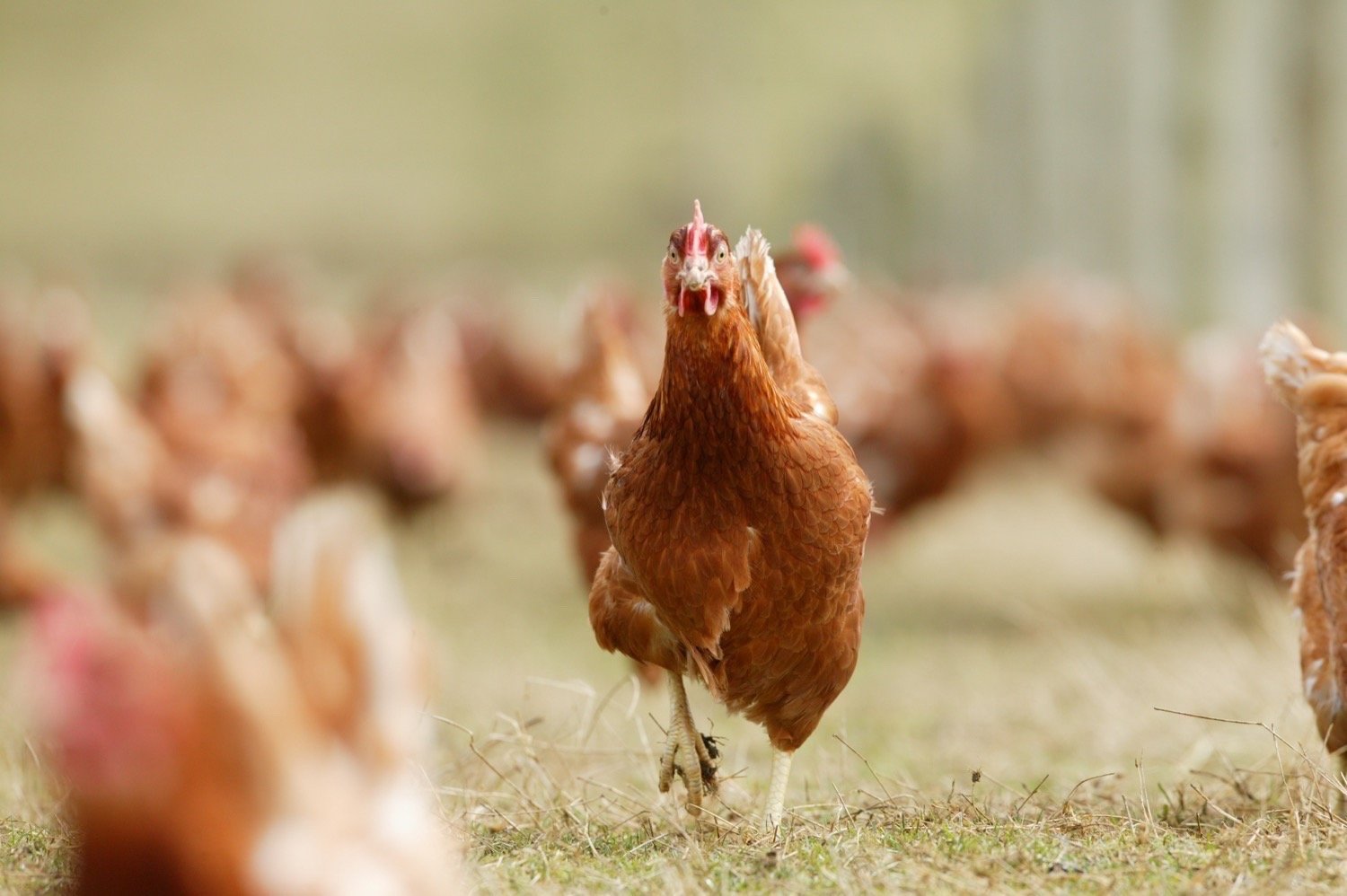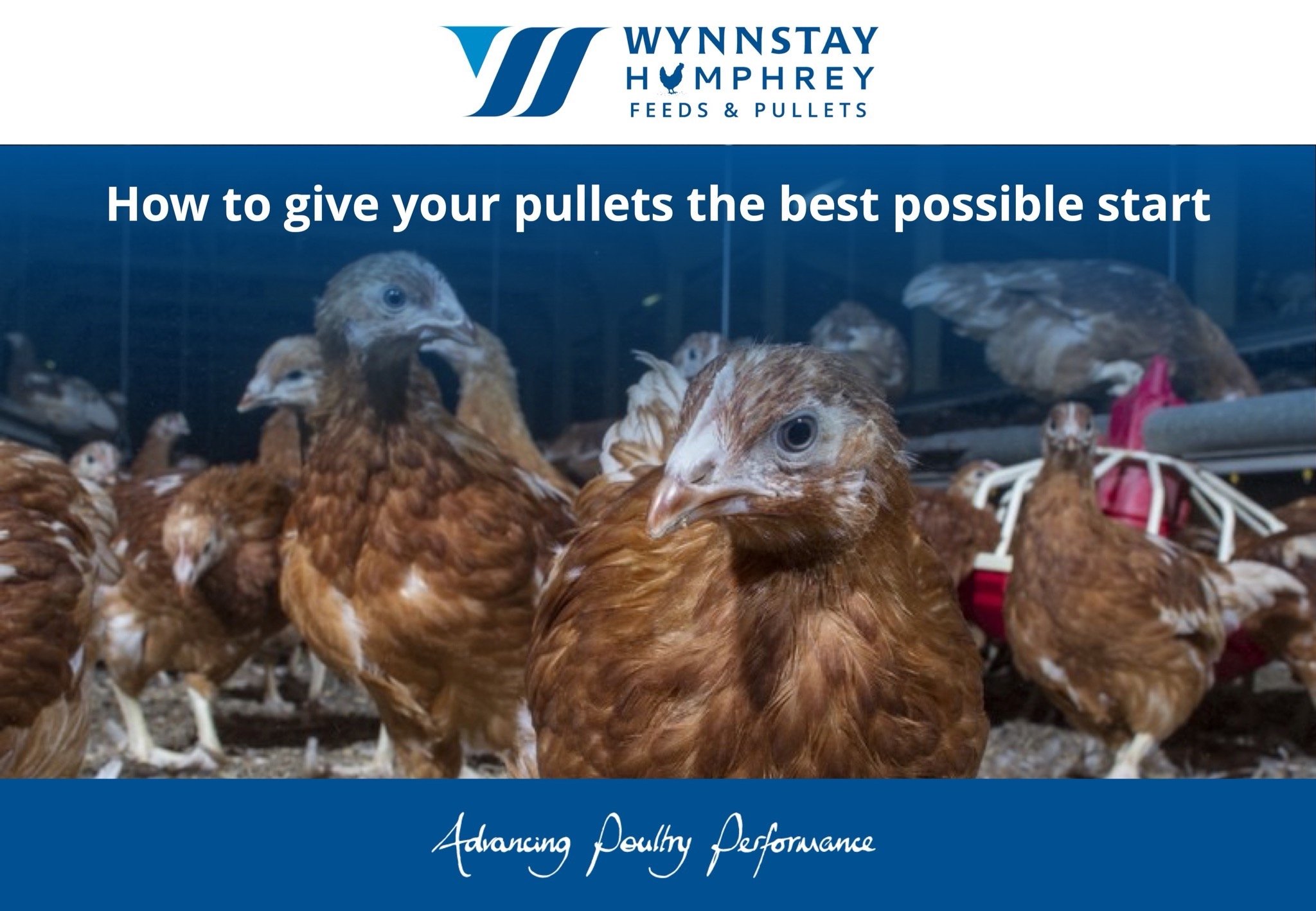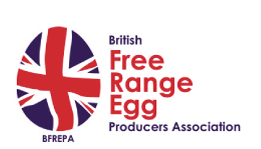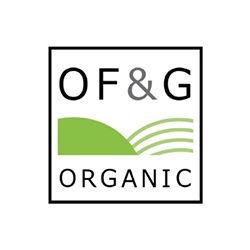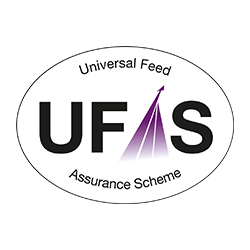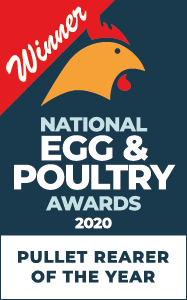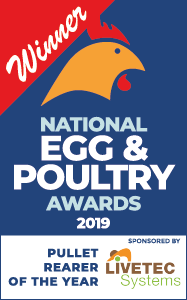The following press notice has just been issued by Government.
Bird keepers urged to maintain scrupulous biosecurity standards as housing measures set to be lifted.
Mandatory housing measures will be lifted from 00:01 on Monday 2 May 2022
Scrupulous standards of biosecurity remain essential as the risk of avian influenza continues.
The mandatory housing measures for poultry and captive birds, which were introduced across the United Kingdom to help stop the spread of bird flu, will be lifted from 00:01 on Monday 2 May 2022, the Chief Veterinary Officers have confirmed today.
Poultry and other captive birds will no longer need to be housed, unless they are in a Protection Zone, and will be allowed to be kept outside. While the risk of bird flu has been reduced to ‘medium’ for premises with poor biosecurity, the enhanced biosecurity requirements that were brought in as part of the Avian Influenza Prevention Zone (AIPZ) will remain in force as infection may still be circulating in the environment for several more weeks. All poultry gatherings will remain banned.
Those who intend to allow their birds outside are advised to use the upcoming days to prepare their outside areas for the release of their birds. This will include cleansing and disinfection of hard surfaces, fencing off ponds or standing water and reintroduction of wild bird deterrents.
The UK has faced its largest ever outbreak of bird flu with over 100 cases confirmed across the country since late October. Scrupulous biosecurity is the most effective method of disease control available and all bird keepers should apply enhanced measures at all times to prevent the risk of future outbreaks.
In a joint statement, the four Chief Veterinary Officers said:
“Whilst the lifting of the mandatory housing measures will be welcome news to bird keepers, scrupulous biosecurity remains the most critical form of defence to help keep your birds safe.
“It is thanks to the hard work of all bird keepers and vets, who have played their part in keeping flocks safe this winter, that we are in a position to take this action. However, the recent cases of avian influenza show that it’s more important than ever for bird keepers to remain vigilant for signs of disease and maintain stringent standards of biosecurity.”
The Avian Influenza Prevention Zone (AIPZ) will remain in force across the UK, with only the housing measures component being lifted from Monday 2nd May. This means all bird keepers (whether they have pet birds, a commercial sized or a backyard flock) must be diligent in continuing to take effective and precautionary biosecurity measures including cleansing and disinfecting equipment, clothing and vehicles, limiting access to non-essential people on their sites, and workers changing clothing and footwear before entering and when leaving bird enclosures.
Poultry and captive bird keepers must be vigilant for any signs of disease in their birds and any wild birds, and seek prompt advice from their vet if they have any concerns.
All bird keepers must:
cleanse and disinfect clothing, footwear, equipment and vehicles before and after contact with poultry and captive birds – if practical, use disposable protective clothing
reduce the movement of people, vehicles or equipment to and from areas where poultry and captive birds are kept, to minimise contamination from manure, slurry and other products, and use effective vermin control
thoroughly cleanse and disinfect housing on a continuous basis
keep fresh disinfectant at the right concentration at all farm and poultry housing entry and exit points
minimise direct and indirect contact between poultry and captive birds and wild birds, including making sure all feed and water is not accessible to wild birds
We would encourage all keepers to register their flocks with the Animal and Plant Health Agency. For poultry this is a legal requirement if you have 50 birds or more (poultry includes chickens, ducks, turkeys, geese, pigeon (bred for meat), partridge, quail, guinea fowl and pheasants). In Northern Ireland this applies to all birds except those kept within your home. Registration forms are available here or by contacting your local DAERA Direct Regional Office. Registering with us means that we will be able to contact you with information or action required should an outbreak happen near you.
Do not touch or pick up any dead or sick birds that you find. If you find dead swans, geese or ducks or other dead wild birds, such as gulls or birds of prey, you should report them to the Defra helpline on 03459 33 55 77 or in Northern Ireland the DAERA helpline on 0300 200 7840. For further information see our advice to the public.
Public health advice is that the risk to human health is very low. The Food Standards Agency and Food Standards Scotland advise that avian influenza poses a very low food safety risk for UK consumers, and it does not change their current advice on consumption of poultry products including eggs.
Bird keepers should report suspicion of disease in England to the Defra Rural Services Helpline on 03000 200 301, in Wales contact 0300 303 8268. In Scotland, contact your local Field Services Office. In Northern Ireland contact DAERA on 0300 200 7840 or your local DAERA Direct Regional Office. Keepers should familiarise themselves with our avian flu advice.
It is imperative that producers manage flocks as if they are pullet flocks again. In particular, manage how flocks are introduced / re-introduced to the range. Experience has taught us that simply opening pop-holes after months of housing can result in injurious feather pecking, therefore care must be taken.
We are also aware that as 2nd May is a Bank Holiday, sites may have weekend / part-time staff at work. The paragraph above is therefore particularly important.
GB
You can check where disease control zones are currently located and if you are in a zone on the govt interactive map.
Clinical signs indicative of avian influenza must be reported to the Animal and Plant Health Agency (APHA) Field Office. Failure to do so is an offence.
Northern Ireland
Disease control zones are available for viewing on the DAERA Avian Influenza Map Viewer
Update - Labelling solution
Once the housing order is lifted on 2nd May, the following procedure will apply for Lion Code FR flocks:
Pallet ID tickets can revert to “Free range”
However, on-farm marking of eggs with the PEN will not re-commence
Eggs will continue to be marked as Barn at the packing centre for 7 days after the housing order is lifted (i.e. until 00:01 hours on 9th May 2022) to allow all egg laid prior to the lifting of the housing order to be graded
From 00:01 hours on 9th May 2022, on-farm marking of the Free range PEN to recommence
Key epidemiological findings to date from this ‘AI season’
Only requires a small infectious dose to infect a flock
Bird faeces has large amount of virus
Survivability of virus in the environment can be measured in weeks
Biosecurity failings at individual poultry house level e.g. people, bedding, dead trolley, etc
Building maintenance not as good as it should be
Record keeping not as good as it should be
Records of staff movement between buildings and between sites not in place (this is an interesting point as, whilst a visitors’ books is required on site, this tends to be interpreted as for visitors only and not applicable to staff moving between individual houses or between sites)
General mindset / cultural approach of a business towards biosecurity
The sub-groups set up with representatives and industry members (breeders, pullet rearers, producers, packers) to discuss the current situation and, more importantly, what needs to be put in place to prevent future problems, have now met. Their conclusions were brought to a wider industry meeting yesterday. The key recommendations to make our industry more resilient are being taken forward.
Risk Level
The latest risk assessment concluded that the risk of incursion of highly pathogenic avian influenza (HPAI) H5 in wild birds in GB remains very high, owing to continued high numbers of HPAI H5 detections in wild birds, across various bird species.
The risk of poultry exposure to HPAI H5 in GB is currently assessed as medium where good biosecurity is applied, but high where biosecurity is suboptimal.
However, a further risk assessment is currently underway and it is hoped that the current downward trend in the rate of reported cases of avian influenza in the UK will continue to a point where the risk levels can be reduced. Until that point, the measures within the Avian Influenza Prevention Zone (AIPZ) remain in place.

